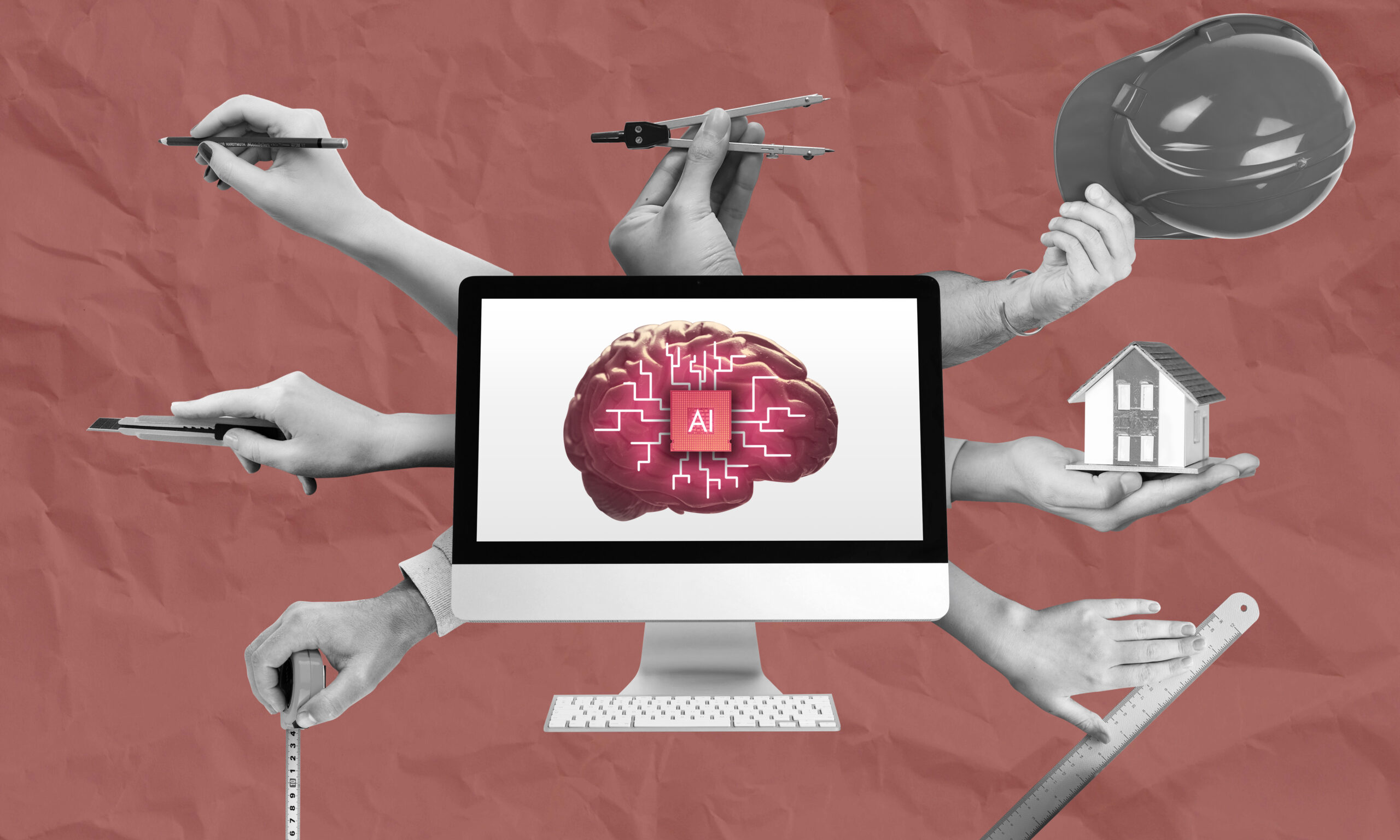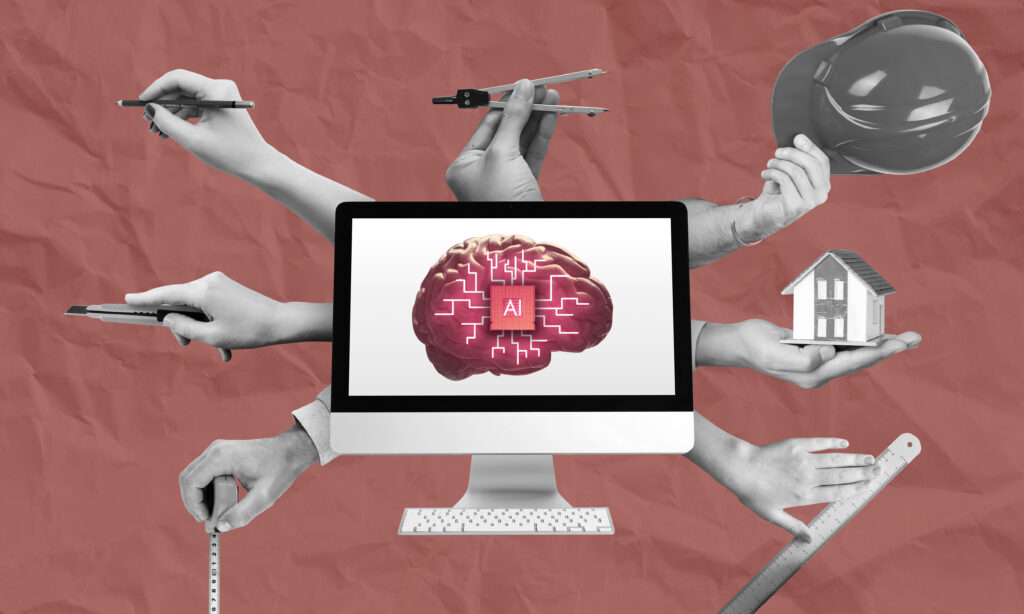With the rapid evolution of technologies, artificial intelligence (AI) is emerging as an essential lever to transform corporate training practices. During the “Great Debates of Digital Learning 2025” by ILDI, Yann Lescurat, CEO of Solunea, and other digital training experts examined the concept of macro adaptive learning, an innovative approach that promises to personalize training paths using AI.
What is macro adaptive learning?
Macro adaptive learning relies on the ability of learning management systems (LMS) to adapt to the specific needs of learners. Imagine an LMS that knows your skills, career aspirations, and training history. Thanks to this in-depth knowledge, it can offer you modules perfectly adapted to your short, medium, and long-term evolution.
The promises:
- Increased personalization: AI analyzes data to recommend relevant training.
- Time-saving: learners directly receive necessary content without having to search.
- Strategic alignment: paths are designed to meet individual needs while aligning with organizational objectives.
Challenges of macro adaptive learning
Despite its promises, this approach raises several challenges:
1. Data reliability
AI relies on massive and accurate data. To function effectively, it must access reliable information from multiple sources: LMS, LXP, simulators, etc. The centralization and interoperability of this data are essential.
2. Ethical issues
The use of AI in LMS raises questions related to privacy (GDPR) and the risk of overly automated management. Experts warned against a purely algorithmic approach that could harm learners’ well-being.
3. Technical complexity
Integrating AI into existing systems requires a robust infrastructure, such as LRS, which centralizes and makes pedagogical data exploitable.
AI serving managers and content creators
Macro adaptive learning doesn’t only benefit learners. Managers and content creators also benefit from AI-based tools to optimize their tasks:
- Simplified creation: solutions like Thaleia allow for rapid production of training modules using AI.
- Efficient management: AI helps managers track team progress and identify training needs.
Towards “just in time” learning
A key point raised during the debate is the need for “just in time” learning, meaning providing the right training at the right moment. This approach aims to bring training closer to the field, responding to employees’ immediate needs. For example, thanks to conversational tools integrated into daily professional life, AI can detect a specific need and recommend appropriate training.
Perspectives for 2025
The integration of AI into LMS is inevitable as it’s already at the heart of digital solution providers’ strategies.
Recommendations:
- Adopt a data-driven strategy: invest in collecting and managing reliable data.
- Anticipate ethical challenges: implement clear policies to protect privacy.
- Focus on personalization: combine micro and macro adaptive learning to maximize pedagogical impact.
Conclusion
Macro adaptive learning represents a major advance in the field of digital learning. By placing the learner at the center through artificial intelligence, it promises a more engaging and effective experience. However, its adoption requires in-depth reflection on data, ethics, and technical complexity. Companies that can meet these challenges will have a considerable competitive advantage in the digital learning landscape in 2025.
So, are you ready to integrate AI into your training strategies? Solunea is here to support you.



